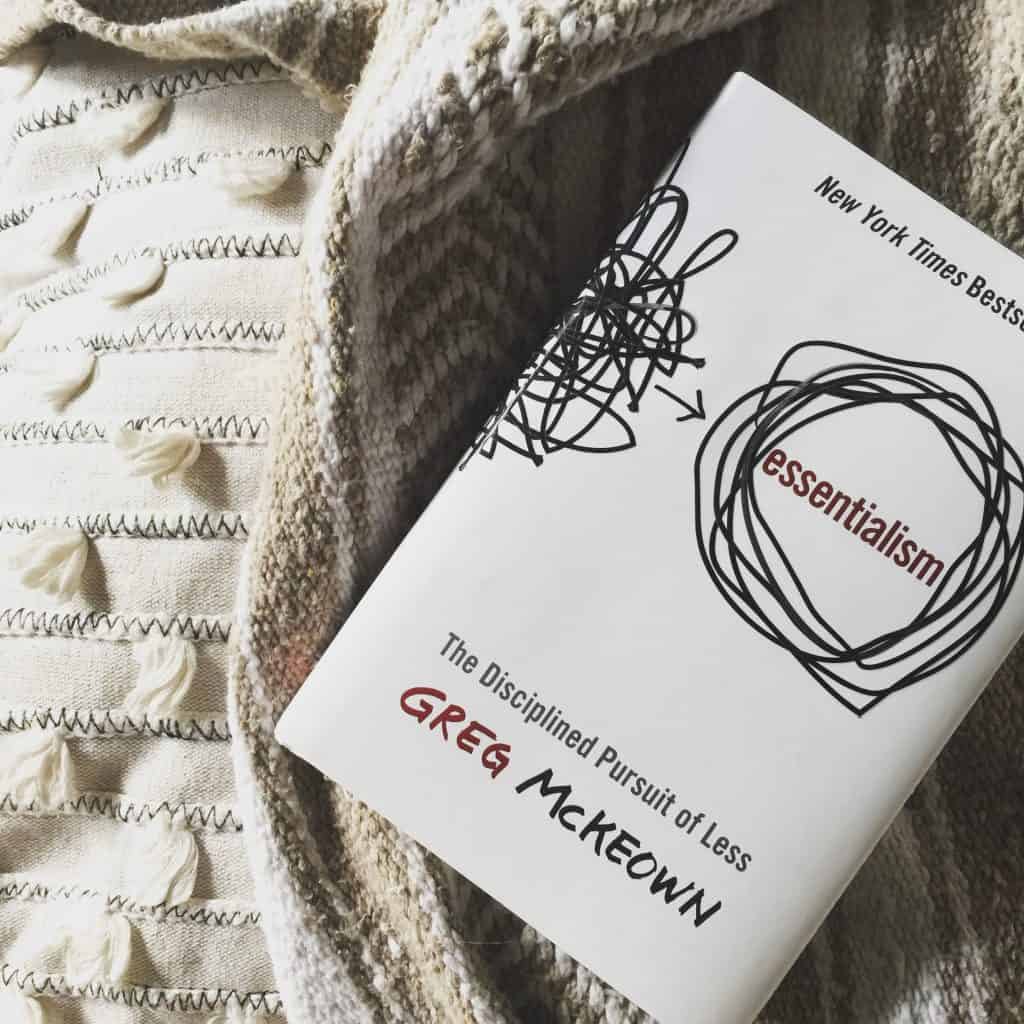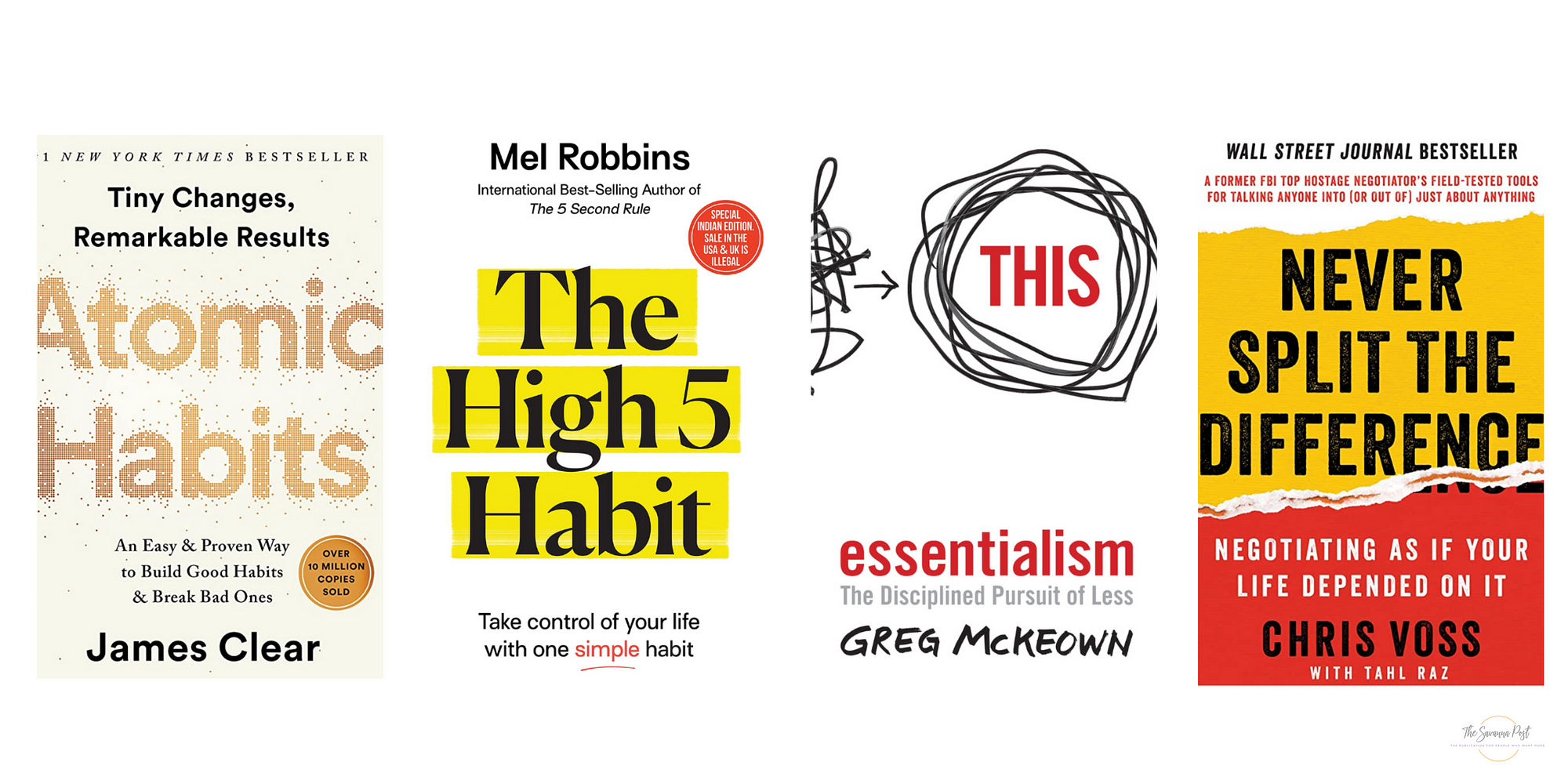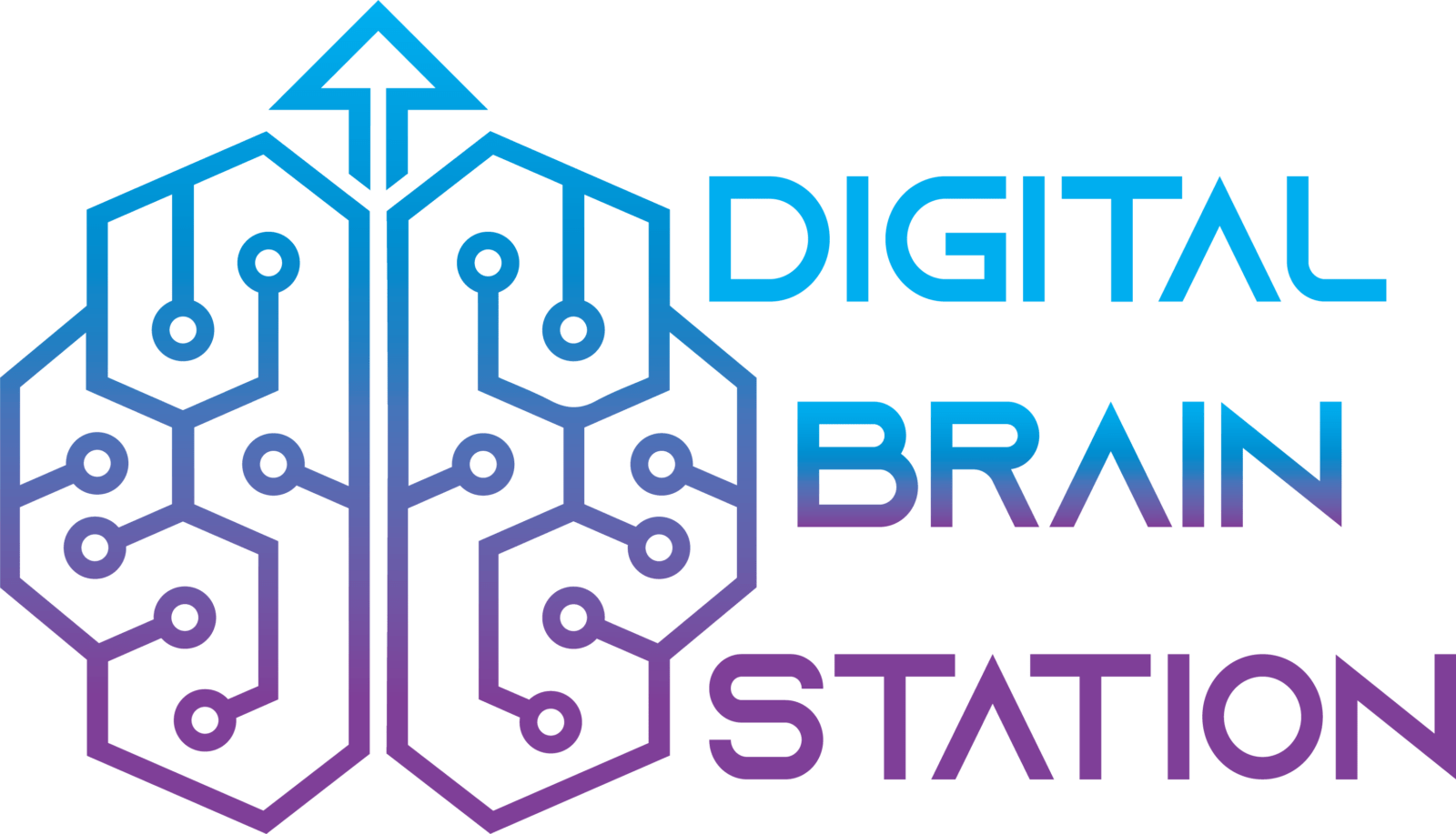Introduction To Essentialism
Essentialism by Greg McKeown teaches how to focus on the most important things. It helps you eliminate the unnecessary and find your true priorities. This book is a guide to living a more meaningful and productive life.
Concept Of Essentialism
The concept of Essentialism is about doing fewer things but doing them better. It is the disciplined pursuit of less. This means focusing on what is truly important and letting go of everything else.
Essentialism is not about getting more done in less time. It is about getting only the right things done. It is a way of thinking that challenges the idea of doing it all.
| Essentialism | Non-Essentialism |
|---|---|
| Choose carefully | Do everything |
| Focus on priorities | Multitask |
| Say no to distractions | Say yes to everything |
Author Greg Mckeown
Greg McKeown is a business writer and speaker. He is known for his work on leadership and productivity. He has written for Harvard Business Review and LinkedIn.
His book Essentialism has become a bestseller. It has helped many people find clarity and focus in their lives. McKeown’s ideas are simple but powerful. They can transform the way you approach your work and personal life.
The Power Of Choice
The book “Essentialism” by Greg McKeown teaches us the importance of focusing on what truly matters. One of the key takeaways is The Power of Choice. This concept emphasizes that we have control over our decisions. It empowers us to prioritize our lives meaningfully. Let’s explore how this idea unfolds through the lens of essentialism.
The Importance Of Saying No
Learning to say no is crucial. Many people struggle with it, fearing disappointment. Yet, saying no helps us focus on our top priorities. It allows us to avoid unnecessary tasks. This skill is essential for effective time management. It also helps in reducing stress and burnout.
- Helps in setting boundaries
- Reduces distractions
- Improves mental health
Making Deliberate Decisions
Making deliberate decisions means choosing with intent. It involves careful evaluation of options. This practice ensures our actions align with our goals. It also helps in avoiding hasty choices.
- Evaluate the importance of each task
- Align choices with long-term goals
- Be mindful of the consequences
Essentialism encourages us to make each decision count. It promotes a life of purpose and clarity.
Focusing On Less
Greg McKeown’s book “Essentialism” emphasizes the importance of focusing on less. By narrowing our focus, we can achieve more meaningful results. The idea is to concentrate on what truly matters and eliminate distractions. This approach is central to living a more productive and fulfilling life.
Eliminating Non-essentials
One of the key takeaways from “Essentialism” is the need to eliminate non-essentials. Greg McKeown suggests that we should be ruthless in cutting out tasks and activities that do not add value.
Eliminating non-essentials involves identifying what is unnecessary and removing it from your life. Here are some steps to help you with this process:
- Make a list of all your tasks.
- Identify which tasks are non-essential.
- Remove or delegate these non-essential tasks.
By doing this, you free up time and energy for what truly matters.
Prioritizing What Truly Matters
Prioritizing what truly matters is another crucial aspect of focusing on less. McKeown advocates for a disciplined pursuit of less but better. This means choosing activities that align with your core values and goals.
To prioritize effectively, consider the following tips:
- Identify your top three priorities.
- Allocate time and resources to these priorities.
- Say no to activities that do not align with your priorities.
By focusing on what truly matters, you ensure that your efforts are directed towards achieving meaningful outcomes.
The Benefits Of Boundaries
One of the core principles of Greg McKeown’s book, “Essentialism”, is understanding the power of boundaries. Boundaries help you focus on what truly matters. They allow you to say no to distractions and yes to essentials. This principle is invaluable in a world filled with endless demands and opportunities.
Setting Limits
Setting limits is crucial for maintaining control over your life. Limits define what you can and cannot do. They help you manage your energy and time effectively.
Essentialists set clear limits to avoid overcommitment. They prioritize tasks that align with their goals. This approach reduces stress and increases productivity.
Consider the following benefits of setting limits:
- Focus: Limits allow you to concentrate on important tasks.
- Clarity: Clear boundaries eliminate confusion and indecision.
- Balance: Limits help maintain a healthy work-life balance.
Protecting Your Time
Protecting your time is another key benefit of boundaries. Time is a finite resource. Once it’s gone, you can’t get it back.
Essentialists understand the value of their time. They protect it fiercely by setting firm boundaries. This practice ensures they spend time on activities that bring value and joy.
Here are some strategies to protect your time:
- Say No: Politely decline non-essential requests.
- Schedule Breaks: Allocate time for rest and relaxation.
- Set Priorities: Focus on tasks that align with your goals.
Boundaries are essential for a fulfilling life. They help you focus on what truly matters and protect your valuable time. By setting limits and safeguarding your time, you can achieve more with less effort.
Escaping The Traps Of Busyness
In “Essentialism” by Greg McKeown, escaping the traps of busyness is vital. Many feel overwhelmed by endless tasks. McKeown offers strategies to reclaim control and focus on what truly matters. Let’s delve into two key aspects: recognizing false productivity and embracing mindful activity.
Recognizing False Productivity
Many confuse busyness with productivity. Not all activity is productive. McKeown emphasizes distinguishing between the two. Here are some signs of false productivity:
- Constantly checking emails: Frequent email checks interrupt focus.
- Attending unnecessary meetings: Many meetings are unproductive. Choose wisely.
- Multitasking: Splitting attention reduces effectiveness. Focus on one task at a time.
Recognizing these habits helps identify activities that waste time. Focus on tasks that add real value.
Embracing Mindful Activity
Mindful activity involves deliberate and meaningful action. McKeown suggests several methods to cultivate this:
- Set clear priorities: Know your top tasks. Focus on these first.
- Schedule breaks: Take regular breaks to maintain high productivity.
- Reflect regularly: Spend time thinking about what truly matters.
By embracing mindful activity, you ensure your efforts align with your goals. This leads to more meaningful accomplishments.
| False Productivity | Mindful Activity |
|---|---|
| Checking emails constantly | Setting clear priorities |
| Attending unnecessary meetings | Scheduling regular breaks |
| Multitasking | Reflecting on goals |
Understanding these concepts helps you escape the busyness trap. McKeown’s strategies are simple yet powerful. Start applying them today for a more focused and productive life.

The Role Of Sleep And Rest
The book “Essentialism” by Greg McKeown offers valuable insights on how to focus on what truly matters. One of the key takeaways is understanding the role of sleep and rest. McKeown emphasizes that prioritizing rest can significantly enhance our quality of life and productivity.
Valuing Rest
McKeown highlights the importance of valuing rest. He points out that rest is not a luxury but a necessity. People often underestimate the power of sleep and rest. Yet, they are crucial for maintaining mental and physical health.
By incorporating adequate rest into our routine, we can improve our overall well-being. This means setting boundaries and ensuring we get enough sleep each night. It also involves taking short breaks during the day to recharge.
Enhancing Creativity And Productivity
Another critical point McKeown makes is how rest can enhance creativity and productivity. A well-rested mind is more capable of innovative thinking. When we are tired, our creativity and problem-solving abilities diminish.
McKeown suggests that regular rest helps us think more clearly. This leads to better decision-making and increased efficiency in our tasks. Here are a few tips he provides to ensure we get enough rest:
- Establish a consistent sleep schedule.
- Take short naps to recharge during the day.
- Avoid screens before bedtime to improve sleep quality.
- Engage in relaxing activities like reading or meditation before bed.
By following these tips, we can enhance our creativity and productivity. Sleep and rest should be prioritized as much as any other essential task.
| Tip | Benefit |
|---|---|
| Consistent Sleep Schedule | Improved overall health |
| Short Naps | Increased daily energy |
| Avoid Screens | Better sleep quality |
| Relaxing Activities | Enhanced mental calmness |
Creating Routine And Rituals
In Greg McKeown’s book “Essentialism,” the concept of Creating Routine and Rituals stands out. Routines and rituals streamline our lives, making them more efficient and fulfilling. They help us focus on what truly matters, reducing the chaos and clutter.
Establishing Daily Habits
Establishing daily habits is key to becoming an Essentialist. Daily habits create a sense of structure and predictability in our lives. This structure frees up mental energy for more important tasks. Here are some ways to establish effective daily habits:
- Start with small, manageable tasks.
- Repeat them at the same time each day.
- Keep track of your progress.
Consistency is crucial. Small actions, when repeated, lead to significant results. For instance, spending 10 minutes each morning planning your day can increase productivity.
Building Consistency
Building consistency in your routines and rituals is essential. Consistency turns actions into habits, and habits into an integral part of your life. Here are some tips to build consistency:
- Set clear and achievable goals.
- Use reminders and alarms.
- Reward yourself for sticking to your routines.
Consistency also involves being flexible. Adjust your routines as needed but stick to the core habits. Over time, consistent actions lead to mastery and success.
| Routine | Benefit |
|---|---|
| Morning Planning | Increases productivity |
| Daily Exercise | Improves health |
| Reading | Enhances knowledge |
By creating routines and rituals, you can simplify your life. This allows you to focus on what truly matters. Embrace these habits and watch your productivity soar.

The Importance Of Clarity
Clarity is a vital theme in Greg Mckeown’s book “Essentialism.” It helps in making better decisions and achieving goals. Without clarity, efforts scatter, and progress slows. Below, we explore two critical aspects of clarity: defining clear goals and maintaining focus.
Defining Clear Goals
Defining clear goals is the first step towards achieving success. Clear goals help you understand what truly matters. They give direction and purpose to your actions. Here are some ways to define clear goals:
- Write down your goals: Putting goals on paper makes them real.
- Break down big goals: Divide them into smaller, manageable tasks.
- Set deadlines: Deadlines create a sense of urgency and keep you on track.
- Prioritize: Focus on the most important goals first.
Clear goals help you avoid distractions. They keep you motivated and focused on what truly matters.
Maintaining Focus
Maintaining focus is essential for achieving your goals. Distractions can derail your progress. Here are some strategies to maintain focus:
- Eliminate distractions: Identify and remove anything that takes your focus away.
- Create a routine: A consistent routine helps build discipline.
- Take breaks: Short breaks can refresh your mind and improve productivity.
- Use tools: Tools like planners and apps can help you stay organized.
Maintaining focus ensures you make steady progress. It keeps you aligned with your goals and helps you achieve them faster.
Embracing The Disciplined Pursuit
The book ‘Essentialism’ by Greg McKeown teaches us the art of focusing on what truly matters. Embracing the disciplined pursuit means choosing to do only the essentials. This approach allows us to make the highest contribution to our goals.
Commitment To Essentials
Commitment to essentials involves saying no to non-essential tasks. It requires identifying and prioritizing what is truly important. By doing so, we can focus our energy on what truly matters.
- Identify your core priorities.
- Make deliberate choices.
- Eliminate unnecessary tasks.
Avoiding Distractions
Avoiding distractions is crucial for maintaining focus. Distractions can derail progress and waste valuable time. To avoid distractions, create a dedicated workspace and set clear boundaries.
- Set clear goals.
- Minimize interruptions.
- Stay disciplined in your approach.
| Essential Tasks | Non-Essential Tasks |
|---|---|
| Planning | Checking social media |
| Focused work | Attending unnecessary meetings |
| Exercise | Mindless browsing |
Conclusion And Takeaways
Greg McKeown’s book “Essentialism: The Disciplined Pursuit of Less” provides a profound guide to focusing on what truly matters. The principles of Essentialism can transform your personal and professional life. Below, we summarize key points and explore how to apply these principles daily.
Summarizing Key Points
| Key Point | Description |
|---|---|
| Essentialism | Prioritize only what is essential. Ignore the rest. |
| Say No | Learn to say no to non-essential tasks. |
| Trade-Offs | Understand that you can’t do everything. |
| Focus | Direct your energy towards fewer goals. |
| Boundaries | Set boundaries to protect your time. |
| Rest | Take breaks to recharge and boost productivity. |
| Routine | Establish routines to streamline your tasks. |
| Clarity | Keep your goals clear and concise. |
| Single Task | Focus on one task at a time. |
| Reflect | Regularly reflect on your priorities and progress. |
Applying Essentialism In Daily Life
- Morning Routine: Start with a clear goal for the day.
- Prioritize Tasks: List tasks by importance. Do the essential ones first.
- Time Blocking: Allocate specific times for essential tasks.
- Set Boundaries: Limit distractions and interruptions.
- Reflect Daily: Spend a few minutes reflecting on your progress.
- Say No: Politely decline non-essential tasks.
- Rest and Recharge: Take regular breaks to stay energized.
- Limit Meetings: Only attend meetings that add value.
- Declutter: Keep your workspace organized to enhance focus.
- Single Tasking: Focus on completing one task at a time.
By integrating these practices, you can lead a more focused and fulfilled life. Essentialism is about making the wisest possible investment of your time and energy. The key is to do fewer things but do them better.

Frequently Asked Questions
What Is The Main Point Of Essentialism?
Essentialism focuses on identifying and prioritizing the most important tasks. It encourages eliminating non-essential activities to concentrate on what truly matters. This approach aims to improve productivity and achieve greater clarity and purpose in life.
What Are The Key Principles Of Essentialism?
The key principles of Essentialism are focusing on what truly matters, eliminating non-essential tasks, simplifying decisions, prioritizing important tasks, and setting clear boundaries.
What Is The Meaning Of The Book Essentialism?
The book “Essentialism” teaches prioritizing what truly matters. It encourages eliminating non-essential tasks to focus on important goals.
What Are The Principles Of Essentialism Greg Mckeown?
Essentialism by Greg McKeown emphasizes prioritizing the essential, eliminating the non-essential, and focusing on what truly matters. Key principles include: 1. Discern what is essential. 2. Eliminate what is not. 3. Make decisions deliberately. 4. Prioritize quality over quantity. 5. Maintain focus and discipline.
Conclusion
Embracing essentialism can transform your life. Focus on what’s truly important, eliminate the non-essential. Greg McKeown’s insights offer practical steps for a more fulfilling, productive existence. Apply these principles to enhance both personal and professional growth. Start simplifying today for a clearer, purpose-driven future.

